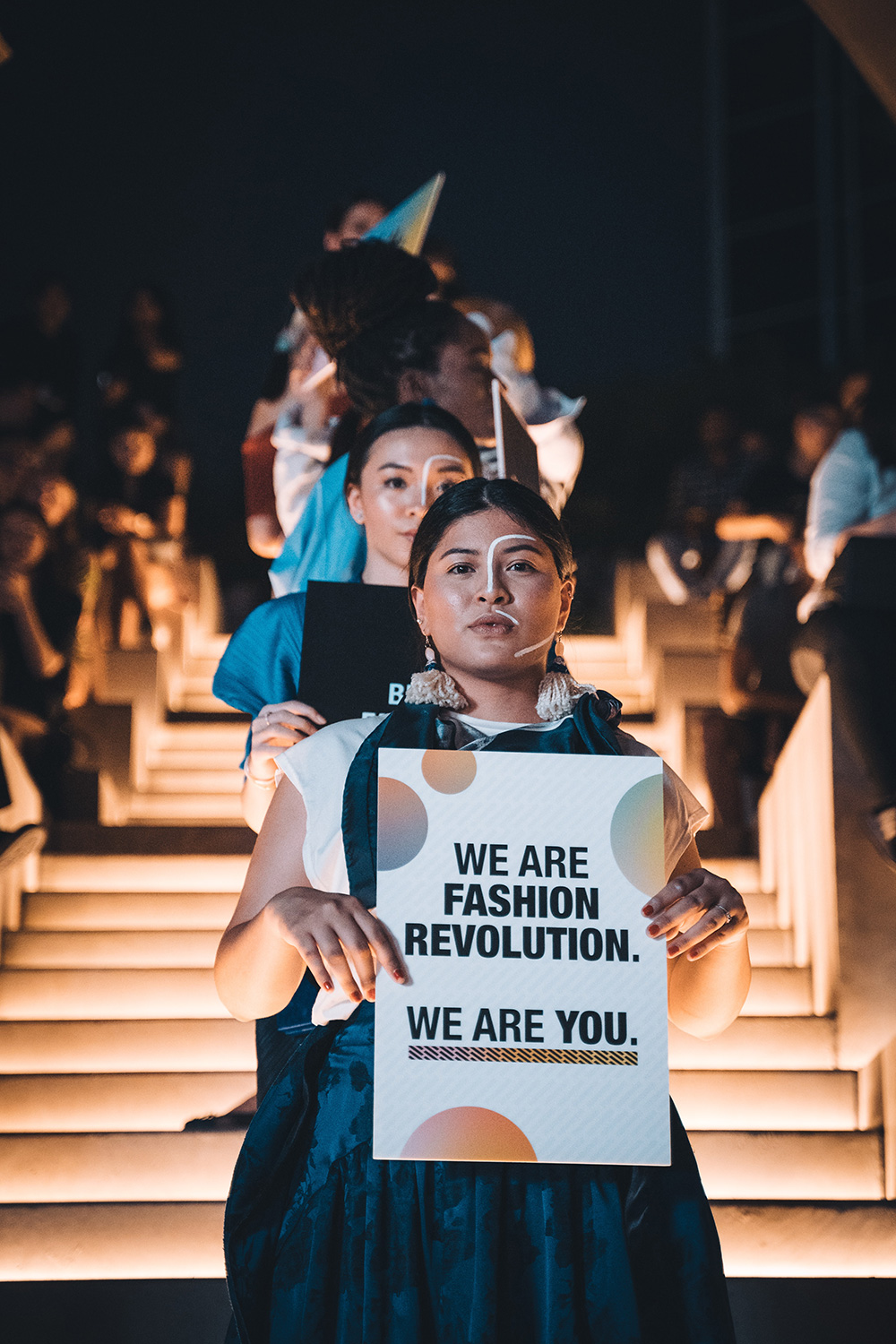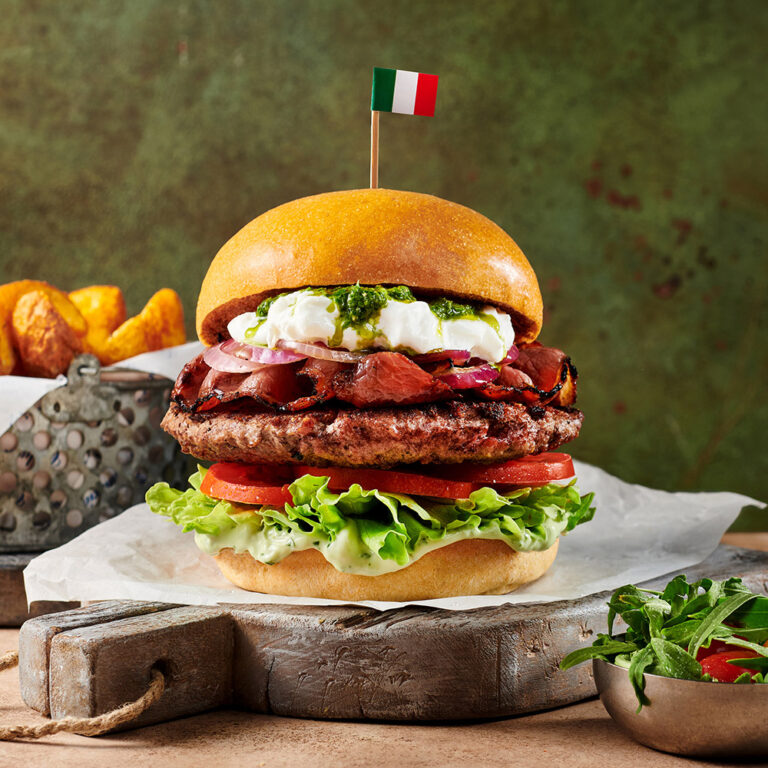
Happiness lies on the other side of the limelight…or does it?
Priya Ramchandran

- Photo by Sebastian Stam
In a 2016 interview with The Mirror, ‘Friends’ superstar Matt LeBlanc talked about the dark side of fame. “For years and years, I barely left the house. I was burnt out,” LeBlanc said. “I wanted to not have a schedule, not be somewhere. I’d call my agent and say, ‘Please lose my number for a few years.’ It was a very dark time. I almost had a nervous breakdown.”
Is there truly something called ‘too much fame’ and a need to hide from it? The urge to consume insatiable amounts of refined sugar may result in the rotting of our teeth and blow out our insulin system. Avoiding exercise can weaken our bones and make us depressed. Akin to our penchants for sweets and sitting around, some of our drive for fame can likely be explained on a similar premise. The initial fame-seeking craving appears rooted in a desire for social acceptance, a longing for the existential reassurance promised by wide renown.
According to a 2013 survey, people might want to be famous in order to be seen and valued, even by strangers; to have an elite, high-status lifestyle; or to be able to do good for others, such as by being a role model. Celebrities live a lavish life and they seem to have it all. Yet, fame doesn’t seem to make things easier for them. World is privy to their weaknesses, despite the fact they have the world’s best job, make the most money and are adored by all!
Fame helps people reach the pinnacle, somehow during the journey, somewhere in the middle it also makes them lose touch with the crux of life. The society we live in has created an undulating illusion, placing too much value on something as meaningless as the admiration of people who are under the limelight.
The fame game could start getting brutal when the famous do not even have the time or the privacy to enjoy their success and wealth. With manic and hectic schedules, taking a break and spending time with family or even for themselves may seem impossible. Is it any wonder that these high-profile celebrities often crumble under the pressure and are often deeply unhappy?
So, who do we blame? The soulless society? The individual craving for fame? Or the mundane life cycle?
Thomas Aquinas wrote in the 13th century, “Happiness is in the happy. But honor is not in the honored.” In other words, fame is not found within ourselves but based on what scholars call extrinsic rewards, which research overwhelmingly shows bring less happiness than intrinsic rewards. What is common to all dreams of fame is that being famous emerges as a panacea to glory.
With each ladder of fame one climbs, the goal cannot be satisfied. You are only as good as your last act. The high only lasts a day or two, and then it’s on to the next goal. Psychologists have aptly termed this phenomenon as the hedonic treadmill, in which satisfaction wears off almost immediately and we must run on to the next reward to avoid the feeling of lagging behind. The happiness is short-lived. Dealing with trolls online just because they are in the public eye, or being under constant speculation certainly doesn’t translate to happiness. Yes, fame gets you stability, security and loads of money, but it doesn’t buy the most important things in life; health, love and peace of mind.
The thing about fame is – one can’t have it enough. The only number you have is ‘more’. This ravenous greed for admiration creates a void in which many celebrities find themselves lost, battling against unhappiness.
Abraham Maslow’s hierarchy of needs explains it best. As per the theory comprising a five-tier model of human needs, our actions are motivated by certain physiological needs. It is often represented by a pyramid of needs, with the most basic needs at the bottom and more complex needs at the top. Esteem is the fourth layer of Maslow’s five-tiered model and is thought to be interrelated with the other levels of our needs (i.e. self-actualization, love/belonging, safety, and physiological needs). There are a number of needs involved in achieving a sense of self-esteem, such as respect for others, an internal acceptance of who we actually are, confidence, and achievement. At the end of the day, happiness is in self-actualization and for that, one often has to rip apart the mask covering their faces…their very being.
Those that attain the wealth and fame goals must feel a sense of achievement, no doubts, however, those that focus on intrinsic goals such as personal growth, enduring relationships and helping the community often show substantial increases in life satisfaction and a deeper sense of well-being.
To sum up: fame only helps you get noticed, not understood, appreciated or loved. Fame cannot accomplish what is asked of it. Evidently, it does have its advantages. But at what cost?
In the 1980s, the physician Robert Goldman famously found that more than half of aspiring athletes would be willing to take a drug that would kill them in five years in exchange for winning every competition they entered today, “from the Olympic decathlon to the Mr. Universe.” Later research found that up to 14 percent of elite performers would accept a fatal cardiovascular condition in exchange for an Olympic gold medal—still a shockingly high number indeed!
Happiness is the feeling that absolutely everything is exactly, deliciously as it should be, and this is an internal decision and belief, irrespective of what you have. How much fame is enough, how much money is enough, how much admiration from others is enough? To an unhappy and a depressed person fame and riches mean nothing, just a cruel joke of fate to emphasize that they are not happy no matter what!
By Author


The Oriental Angle

The Midas Touch: Interview With Sergio Barbosa
no related post found

MESMERIZE: Where Artistry and Innovation Unite in a Ballet of Elegance

“Flowers are our favorite F word!”

Indulging in Love and Flavor at Playa: A Valentine’s Day Delight

MESMERIZE: Where Artistry and Innovation Unite in a Ballet of Elegance

“Flowers are our favorite F word!”

Indulging in Love and Flavor at Playa: A Valentine’s Day Delight



















